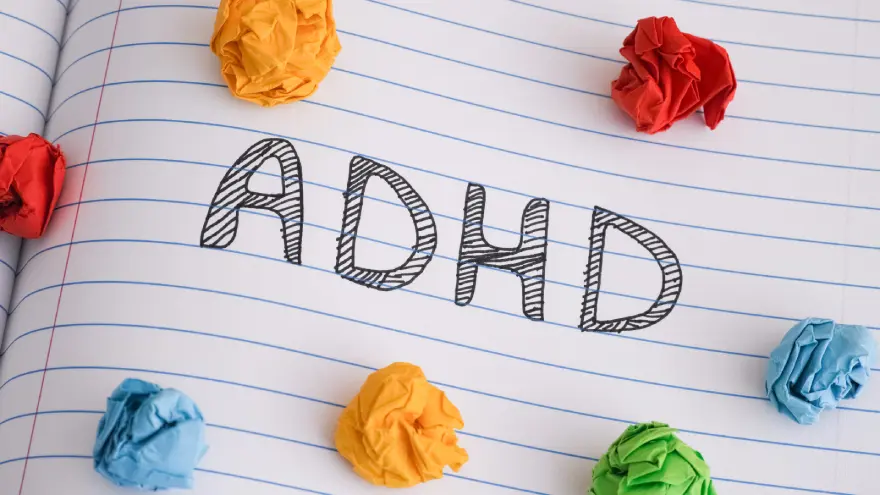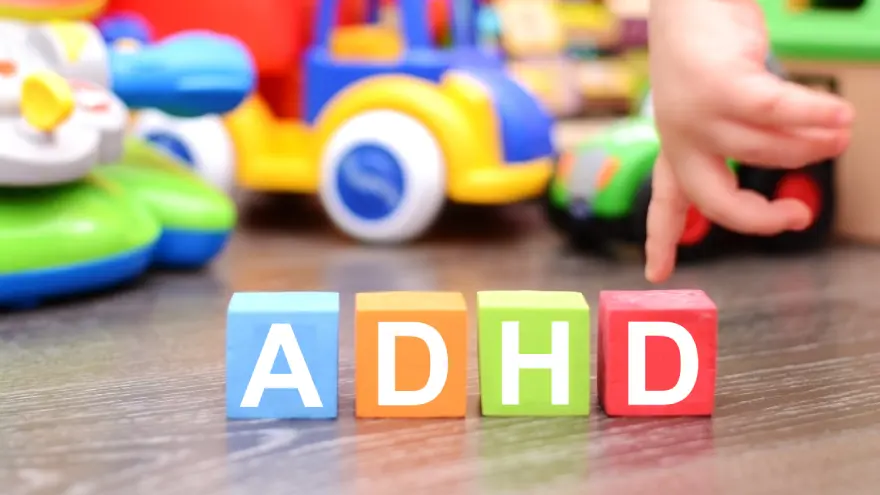Attention Deficit Hyperactivity Disorder (ADHD) is a neurodevelopmental disorder affecting millions of individuals worldwide. Characterized by persistent inattention, hyperactivity, and impulsivity, ADHD can significantly impact daily life. However, with the right strategies and support, individuals with ADHD can lead fulfilling and successful lives. This article explores practical ways to manage ADHD and thrive despite its challenges.
What is ADHD?
ADHD is a chronic condition that affects a person’s ability to focus, control impulses, and manage their energy levels. It is commonly diagnosed in childhood, but symptoms can persist into adulthood. The core symptoms of ADHD include:
- Inattention: Difficulty sustaining focus, disorganization, and forgetfulness.
- Hyperactivity: Excessive fidgeting, restlessness, and difficulty remaining seated.
- Impulsivity: Hasty decisions, interrupting others, and difficulty waiting for one’s turn.
Diagnosing ADHD
Diagnosis of ADHD involves a comprehensive evaluation by a healthcare professional. This process typically includes:
- Clinical Interviews: Discussions about symptoms and their impact on daily functioning.
- Behavioral Assessments: Observation of behavior and performance in various settings.
- Standardized Questionnaires: Use of validated tools to assess ADHD symptoms.
Strategies for Managing ADHD

1. Medication
Medications are often prescribed to help manage ADHD symptoms. These can be classified into:
- Stimulants: Such as methylphenidate and amphetamines, which are commonly used to improve attention and reduce hyperactivity.
- Non-Stimulants: Such as atomoxetine and guanfacine, which may be prescribed if stimulants are not effective or cause unwanted side effects.
It’s essential to work closely with a healthcare provider to find the right medication and dosage.
2. Behavioral Therapy
Behavioral therapy focuses on modifying specific behaviors and developing coping strategies. Techniques may include:
- Cognitive Behavioral Therapy (CBT): Helps individuals recognize and change negative thought patterns and behaviors.
- Parent Training: Equips parents with strategies to manage their child’s behavior and improve family dynamics.
- Organizational Skills Training: Aids individuals in developing time management and organizational skills.
3. Lifestyle Modifications
Certain lifestyle changes can help manage ADHD symptoms:
- Structured Routine: Establishing a daily schedule can provide consistency and reduce forgetfulness.
- Healthy Diet: Consuming a balanced diet with adequate protein, fruits, and vegetables can support overall brain function.
- Regular Exercise: Engaging in physical activity can help reduce hyperactivity and improve focus.
- Adequate Sleep: Ensuring sufficient and quality sleep is crucial for managing ADHD symptoms.
4. Environmental Adjustments
Creating a supportive environment can make a significant difference:
- Organized Space: Keeping living and work spaces clutter-free can minimize distractions.
- Visual Reminders: Using calendars, to-do lists, and alarms can help individuals stay on track with tasks and appointments.
- Minimized Distractions: Reducing background noise and interruptions can improve concentration and productivity.
Living Successfully with ADHD
1. Self-Acceptance
Understanding and accepting ADHD as part of one’s identity is vital for mental well-being. Embracing the unique strengths associated with ADHD, such as creativity and problem-solving abilities, can foster self-confidence and resilience.
2. Building a Support Network
Connecting with others who understand ADHD can provide valuable support and encouragement. Consider joining support groups, both online and in-person, where individuals share their experiences and coping strategies.
3. Setting Realistic Goals
Setting achievable goals and breaking tasks into smaller, manageable steps can prevent overwhelm and boost motivation. Celebrate small victories and adjust goals as needed.
4. Seeking Professional Help
Ongoing therapy and counseling can be beneficial for managing ADHD. Mental health professionals can provide guidance on coping strategies, emotional support, and personalized treatment plans.
Educational and Occupational Support
1. Accommodations in Education
Students with ADHD may benefit from specific accommodations in educational settings, such as:
- Extended Time on Tests: Allows for additional time to complete assignments and exams.
- Preferential Seating: Helps minimize distractions by sitting in a quieter area of the classroom.
- Individualized Education Plans (IEPs): Provides tailored support and resources to meet educational needs.
2. Workplace Adjustments
In the workplace, individuals with ADHD may request accommodations such as:
- Flexible Work Hours: Allows for adjustments in work schedules to match peak productivity times.
- Task Management Tools: Utilizing apps and tools to track tasks and deadlines.
- Quiet Workspaces: Ensuring a distraction-free environment to enhance focus and productivity.
Embracing ADHD: Success Stories

Many individuals with ADHD have achieved great success in various fields. From renowned entrepreneurs and athletes to creative artists and scientists, ADHD can be a source of unique strengths and perspectives. Embracing these success stories can provide inspiration and motivation for individuals navigating their own ADHD journey.
Conclusion
Living with ADHD presents unique challenges, but with the right strategies and support, individuals can thrive. By understanding the condition, implementing effective management techniques, and seeking professional help, it is possible to lead a fulfilling and successful life. Remember, ADHD does not define one’s potential; it is a part of the journey toward achieving personal and professional goals.

